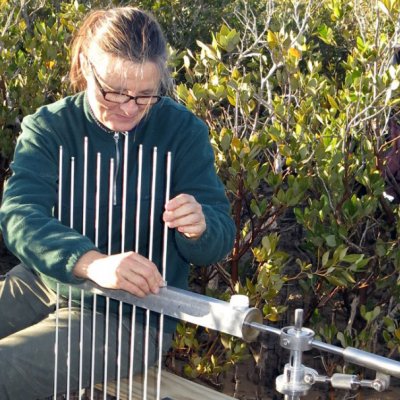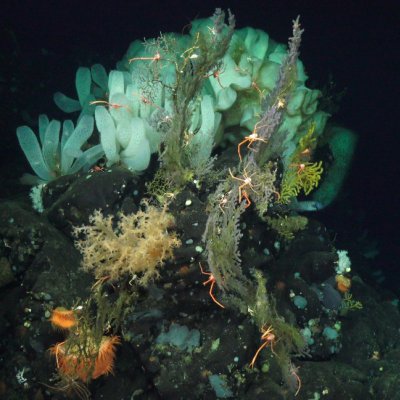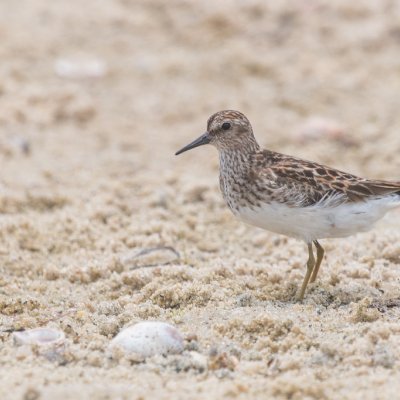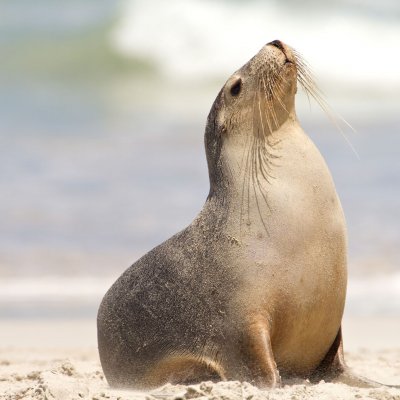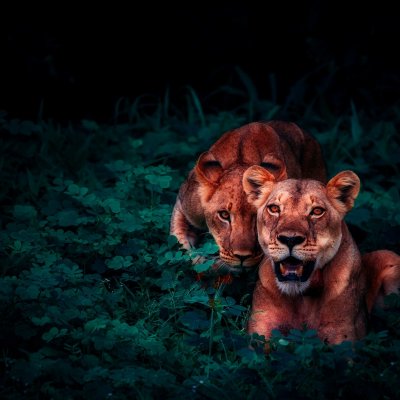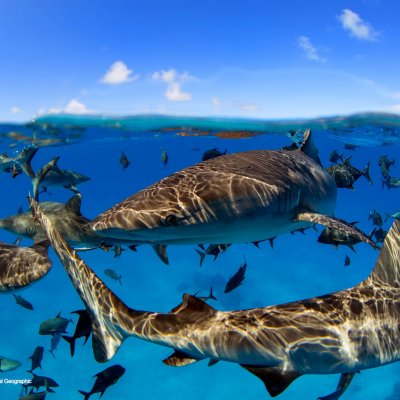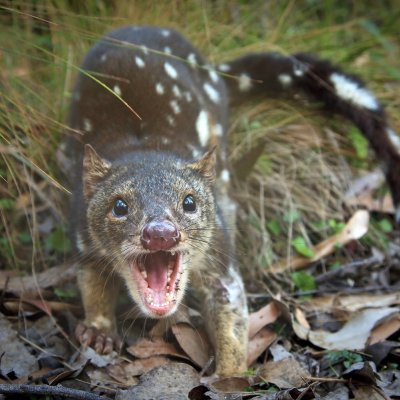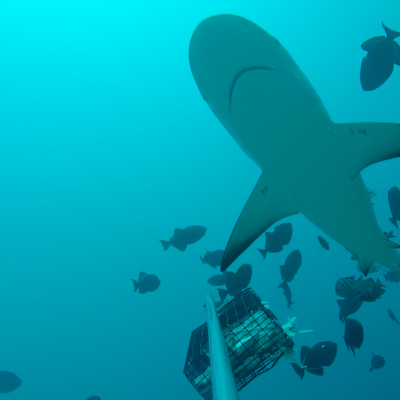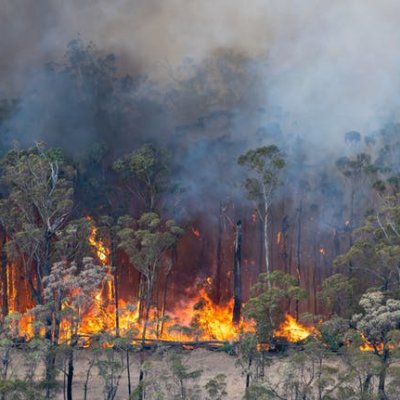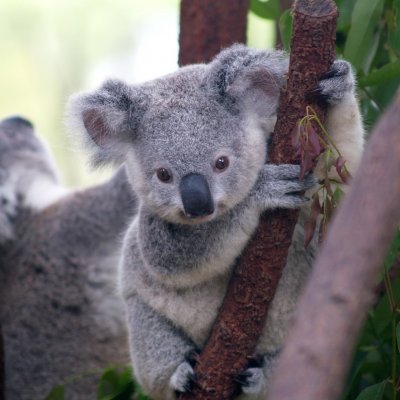More frequently sheared pregnant sheep are more active, have lower stress levels and produce lambs with finer wool, according to University of Queensland research.
3 December 2020Demystifying traditional Chinese medicine for conservationists could be the key to better protecting endangered species like pangolins, tigers and rhino, according to University of Queensland-led researchers.
27 November 2020Mega-droughts – droughts that last two decades or longer – are tipped to increase thanks to climate change, according to University of Queensland-led research.
30 October 2020A failure by governments to deliver on commitments under a global nature conservation treaty, the Convention on Biological Diversity, could have devastating effects.
8 October 2020Jellyfish could replace fish and chips on a new sustainable takeaway menu to help keep threatened species off the plate.
22 September 2020The most successful and cost-effective ways to restore coral reefs have been identified by an international group of scientists, after analysing restoration projects in Latin America.
12 August 2020Brisbanites love their Queenslander-style homes, valuing them for their history, aesthetic pleasure and climatic comfort, according to University of Queensland research.
30 July 2020Two University of Queensland environmental scientists have been named 2020 Australian Laureate Fellows.
9 July 2020The current technique used for counting lion populations for research and conservation efforts doesn’t add up, according to a University of Queensland researcher.
18 June 2020The world’s deep oceans are warming at a slower rate than the surface, but it’s still not good news for deep-sea creatures according to an international study.
26 May 2020As the world looks to tighten up the illegal capture of wildlife, migratory birds are being threatened by widespread and unsustainable hunting across the Asia-Pacific region.
21 May 2020Logging of native forests increases the risk and severity of fire and likely had a profound effect on the recent, catastrophic Australian bushfires, according to new research.
6 May 2020Populations of Australia’s threatened mammals have declined by 38 per cent on average in 20 years, yet research shows conservation efforts have led to significant recoveries.
23 April 2020Conservation researchers have debated two different approaches to protecting biodiversity for years, but an international team of scientists has found a combination could achieve the best results.
22 April 2020It’s not too late to rescue global marine life, according to a study outlining the steps needed for marine ecosystems to recover from damage by 2050.
2 April 2020A new approach to compensate for the impact of development may be an effective alternative to biodiversity offsetting – and help nations achieve international biodiversity targets.
12 February 2020‘No-take’ marine reserves - where fishing is banned - can reverse the decline in the world’s coral reef shark populations caused by overfishing, according to an Australian study.
24 January 2020More than one billion mammals, birds, and reptiles across eastern Australia are estimated to have been affected by the current fire catastrophe.
20 January 2020Fireweed is one of eastern Australia’s worst invasive species, and scientists are asking landholders for on-the-ground information about where it is growing and how they deal with it.
17 January 2020The protection of Australia’s threatened species could be improved by a factor of seven, if more efficient ‘umbrella’ species were prioritised for protection, according to University of Queensland research.
7 January 2020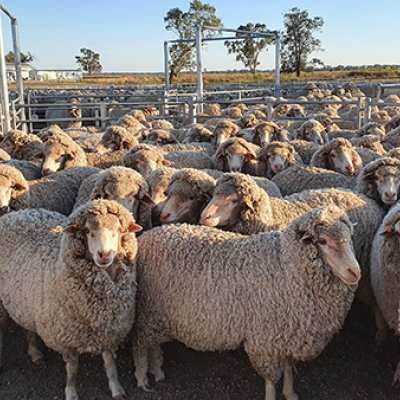


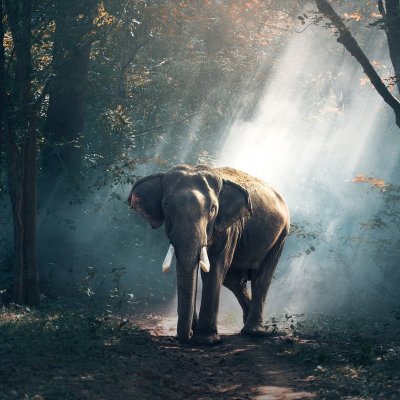
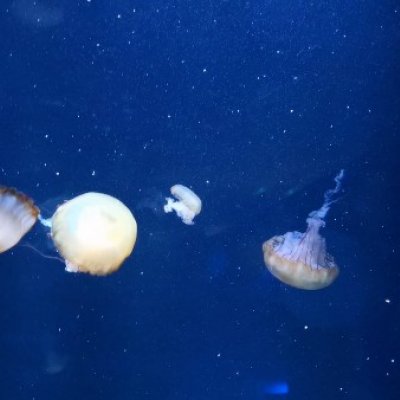
 (1).jpg?itok=V04Hj2Tv)

